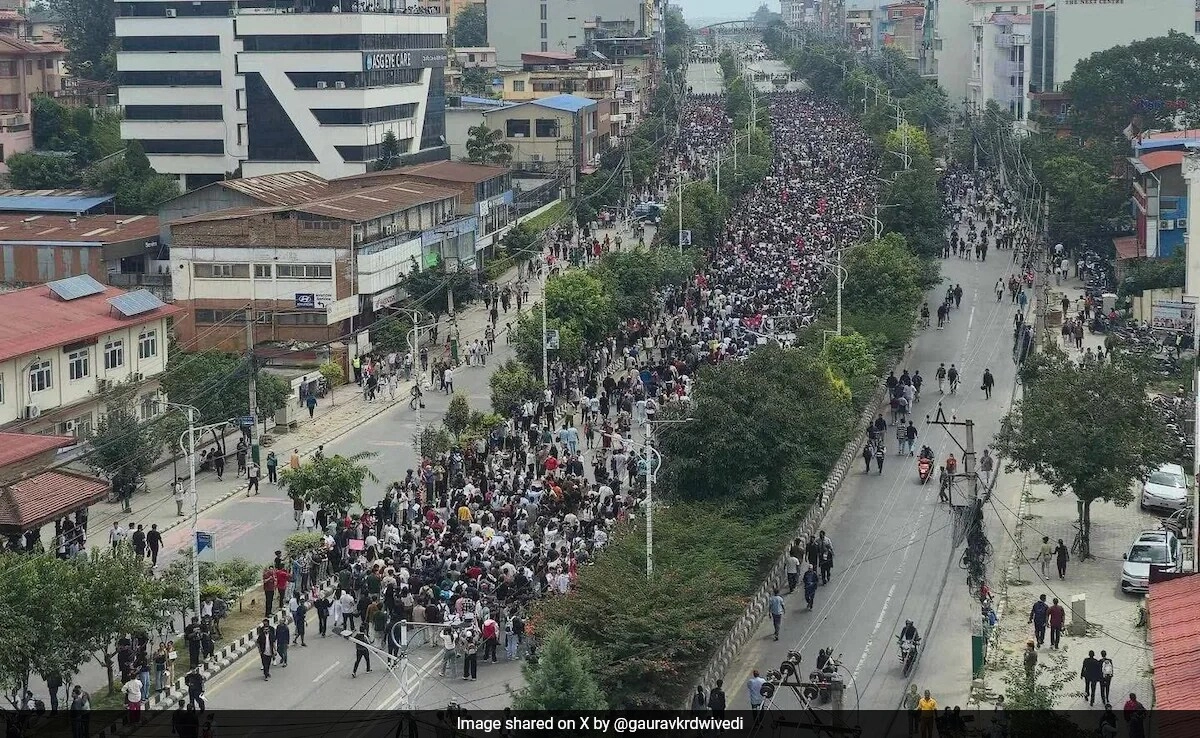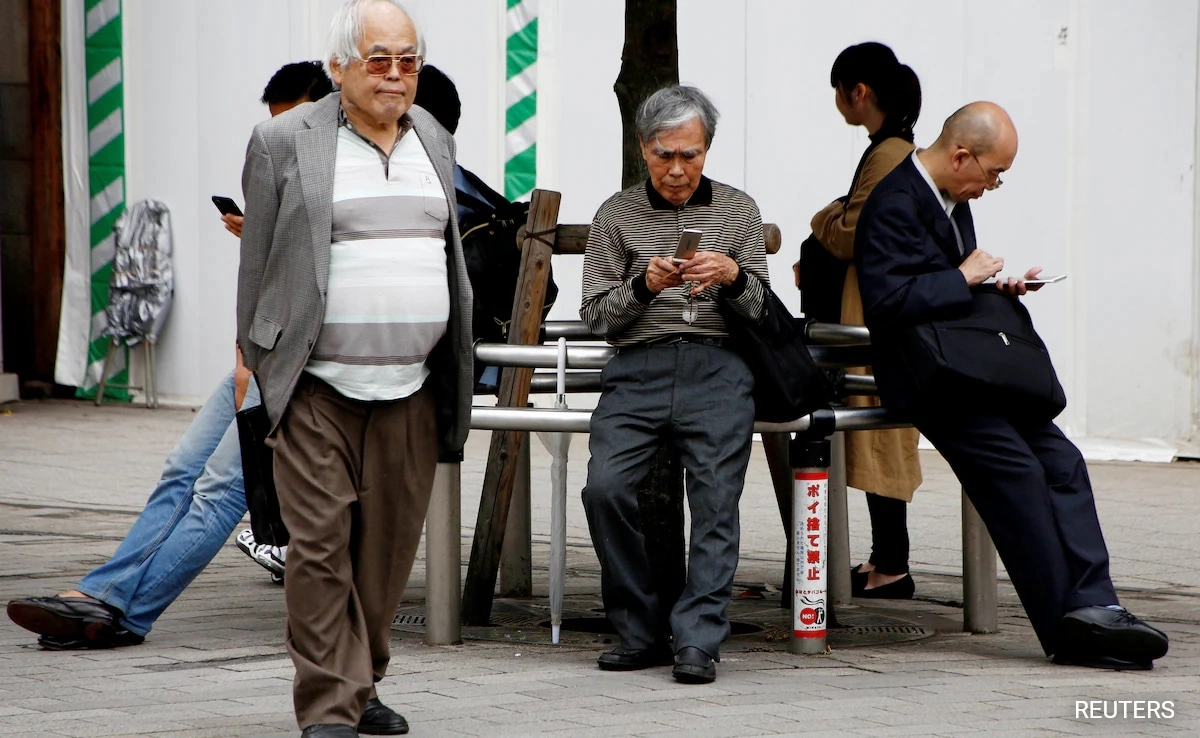In recent weeks, Nepal has witnessed unprecedented protests led by the younger generation, particularly Gen-Z, in response to a government ban on major social media platforms, including Facebook, X (formerly Twitter), and YouTube. This controversial decision, implemented by the Nepalese government, was ostensibly aimed at curbing misinformation and maintaining social order. However, the move has sparked outrage among the youth, who view these platforms as essential tools for communication, self-expression, and access to information. The protests have not only highlighted the generational divide in perceptions of free speech and digital rights but also raised questions about the government’s commitment to democratic values in an increasingly digital world.
The protests, primarily organized through alternative channels, have seen thousands of young people take to the streets, brandishing placards and chanting slogans that emphasize their right to connect and share ideas freely. Participants argue that social media is a vital space for discourse, activism, and community-building, particularly in a country where traditional media outlets are often limited in scope and reach. In this context, the ban is perceived not just as an infringement on personal freedoms but also as an attempt to stifle dissent and control the narrative surrounding political and social issues. The vibrant energy of these protests reflects a broader global trend where younger generations are increasingly asserting their rights in the face of governmental overreach.
As the demonstrations continue to gain momentum, the government faces mounting pressure to reconsider its stance. Critics argue that the ban could have significant implications for civil society, the economy, and the overall democratic fabric of the nation. Many businesses rely on social media for marketing and engagement, and the restrictions could hinder innovation and entrepreneurship among young Nepalese. The protests have garnered international attention, with human rights organizations urging the Nepalese government to uphold its commitments to freedom of expression and to engage in constructive dialogue with its citizens. This situation not only underscores the challenges faced by governments in regulating the digital space but also highlights the power of collective action among the youth in advocating for their rights.
Ultimately, the protests in Nepal serve as a poignant reminder of the evolving landscape of communication and the critical role that social media plays in contemporary society. As Gen-Z rallies against the ban, they are not only fighting for their access to these platforms but are also challenging the very notion of governance in the digital age. The outcome of these protests could set a precedent for how countries navigate issues of censorship, freedom of speech, and the rights of citizens in an increasingly interconnected world. As the situation unfolds, it will be crucial for both the government and the youth to find common ground that respects the need for regulation while preserving the essential liberties that define a democratic society.




